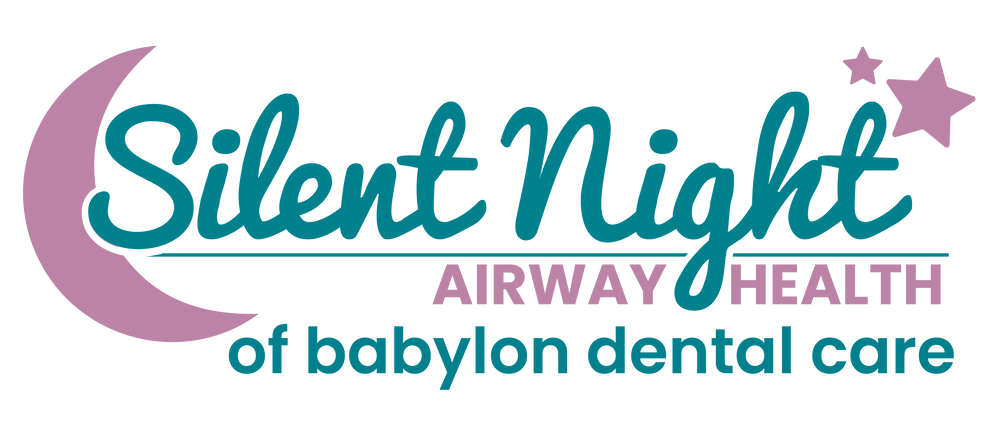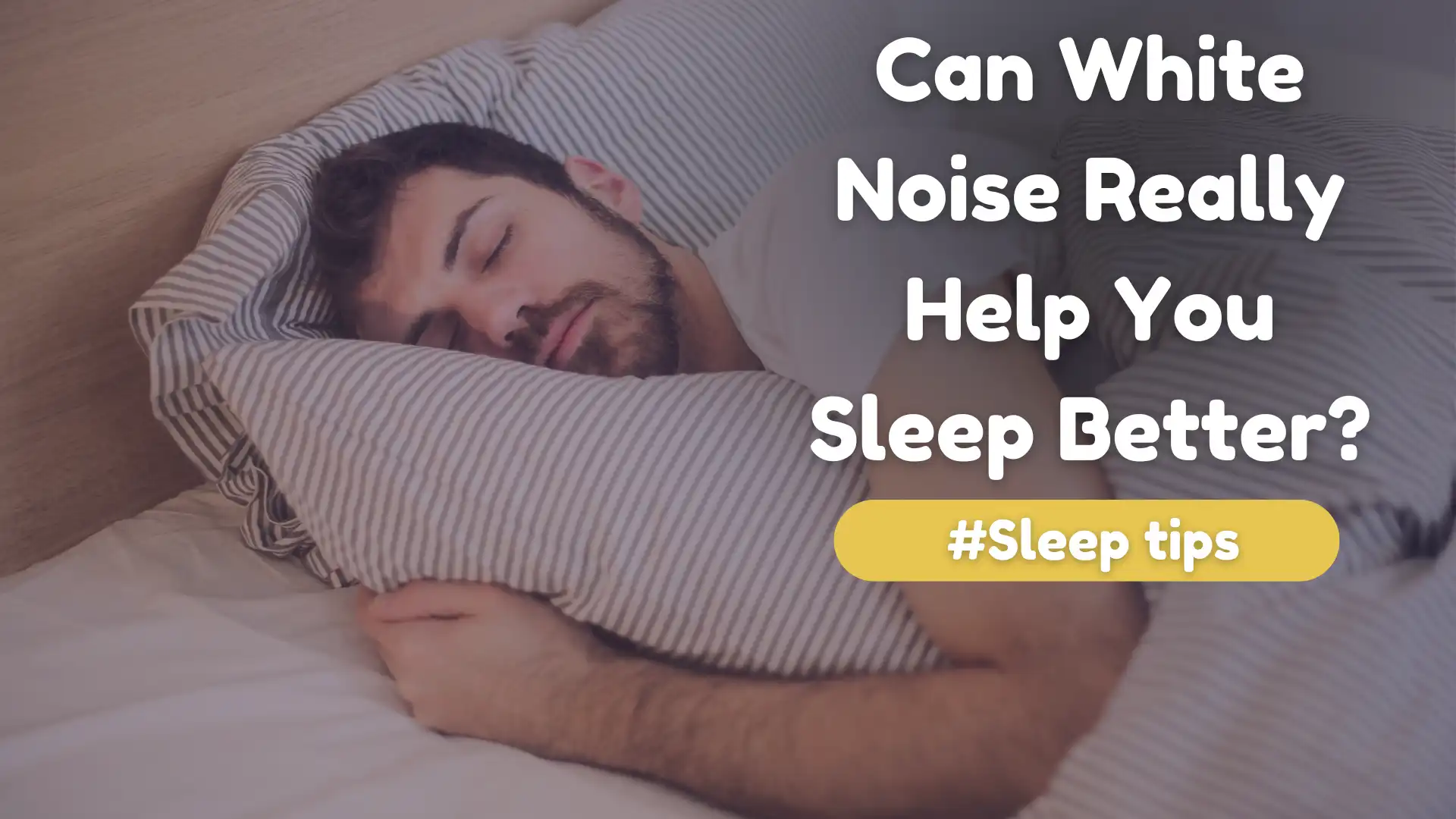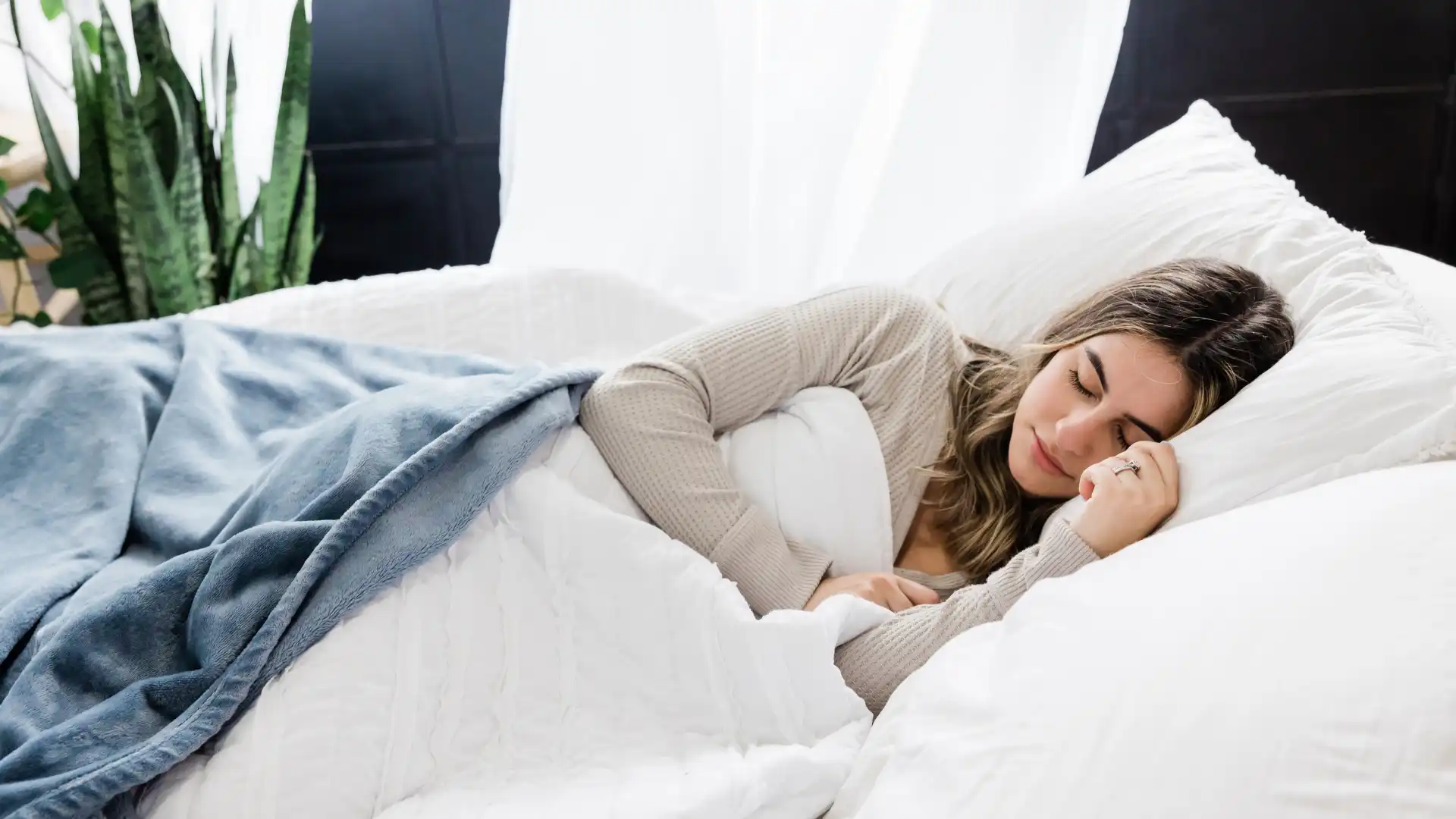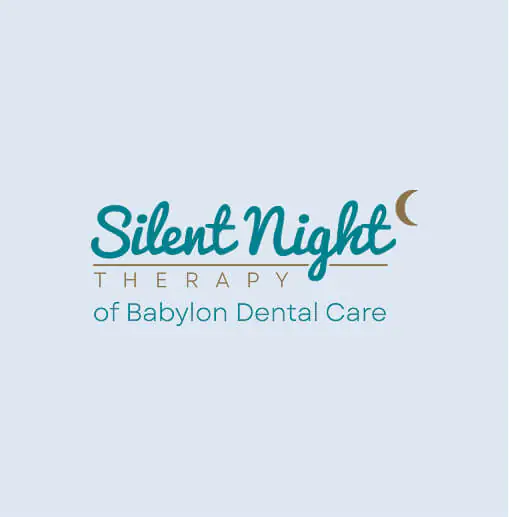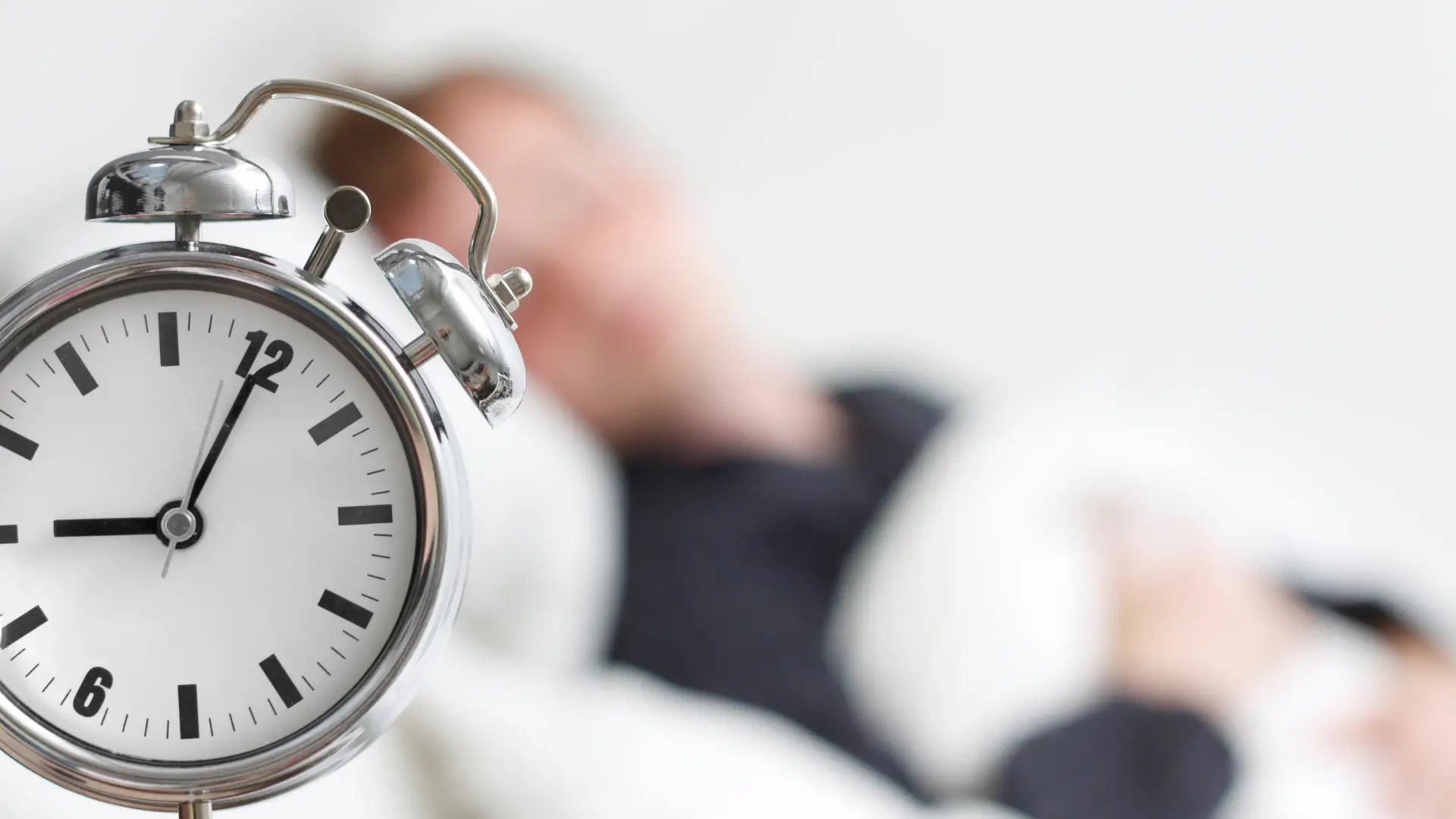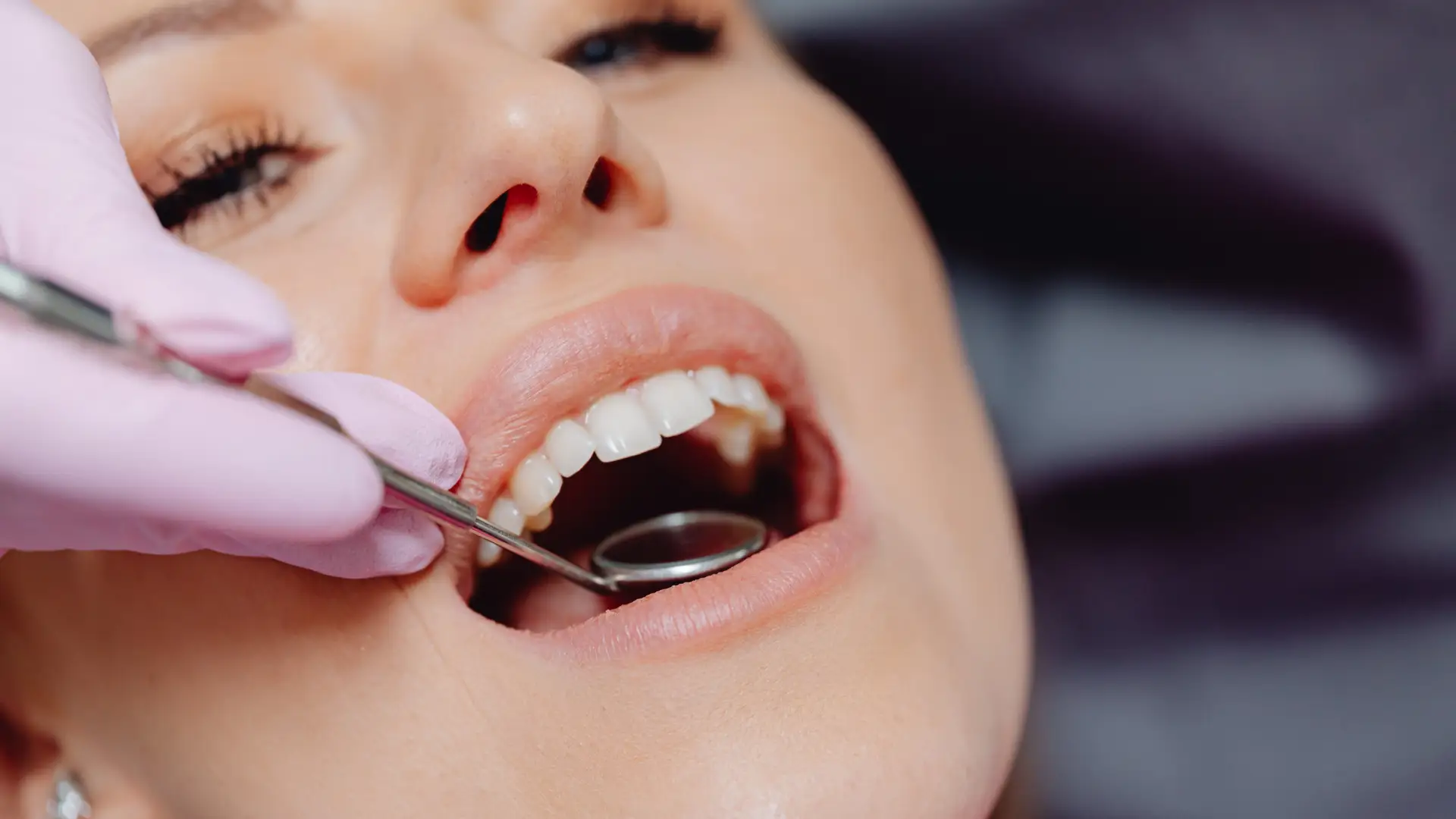Can White Noise Really Help You Sleep Better?
Posted By:
September 15, 2025
9:00 AM
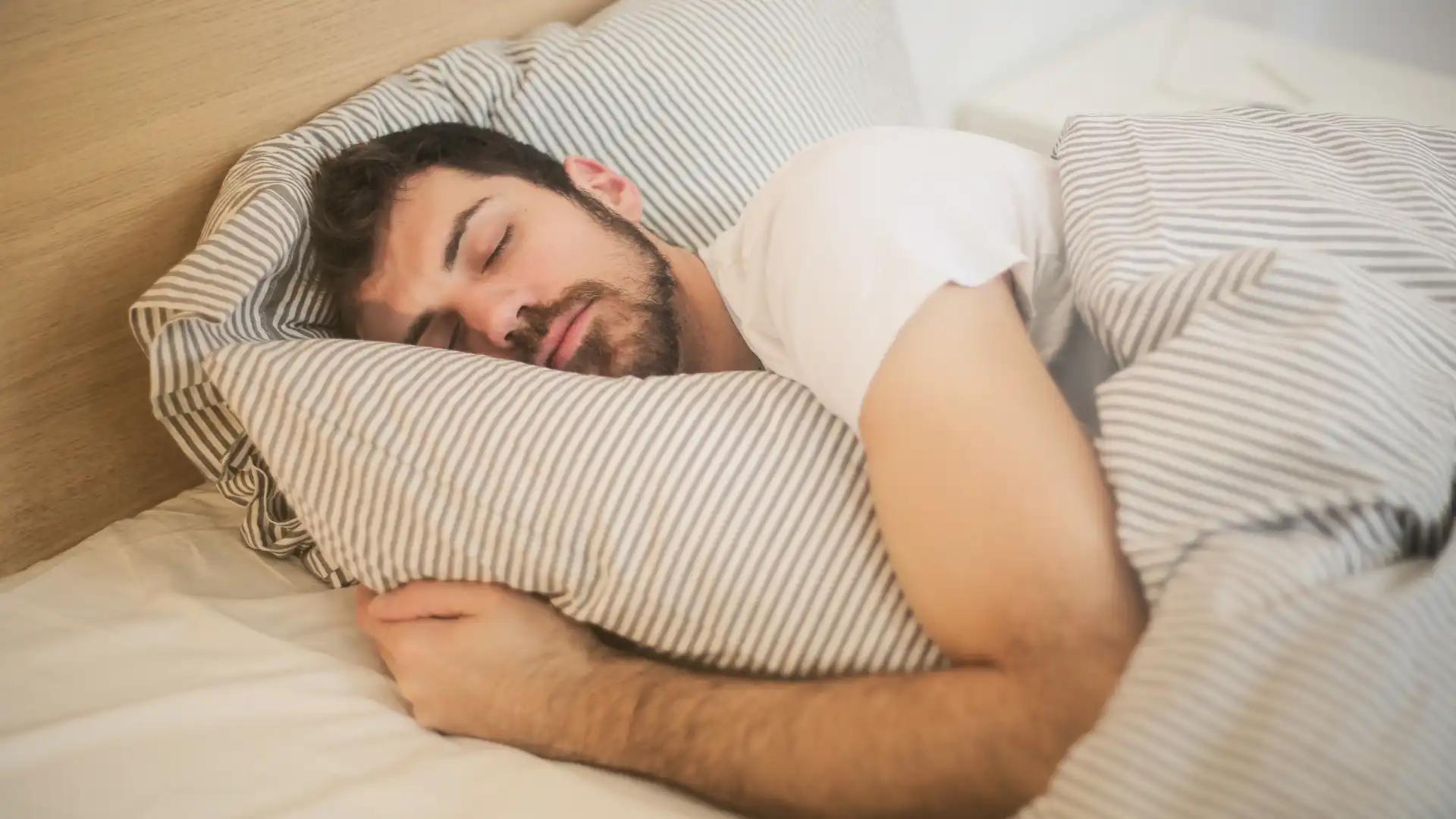
You’ll try anything to get some rest when you can’t sleep. While some people swear by warm milk, others say a walk or a midnight snack helps them get to bed. Others turn to a white noise machine to help lull them to dreamland. Do soothing sounds like white noise really help people quiet the noise in their heads and help them rest? Or does ambient noise disrupt sleep and give people with noise sensitivity a headache?
When you can’t get to sleep and stress and anxiety start to build in your brain, white noise may be the solution you need to unwind. Pair that with effective treatment, and you may find that getting to bed isn’t the issue. Getting out of your sleep sanctuary is.
How White Noise May Help You Sleep
Before discussing how sound may help you sleep, it is essential to understand what white noise is. White noise contains all audible sound frequencies equally, like old-fashioned television static. There are different “colors” of noise, ranging from white to pink to green and brown, each with its own distinction. Other sounds may be called “white noise”, but true white noise has a flat frequency spectrum across all audible sounds.
Many people claim that white noise helps them get to sleep and sleep more soundly. The theory behind why white noise may help people sleep is mixed. In some instances, white noise blocks out other distracting noises. An ambulance siren in the middle of the night is jarring. White noise that hides annoying sounds may help a person stay asleep.
Some studies show that white noise improves sleep quality and duration in individuals living in “loud” environments. People in New York may benefit from listening to white noise at night to drown out the city sounds that can keep them up.
Some people may also benefit from using a white noise machine or sound effects because consistently using white noise can serve as an auditory cue that it’s time for bed. It is a way to train and prepare the mind for sleep, creating calming background noise and a relaxing sleep environment.
Scientific Evidence: What Research Shows
Scientific evidence on white noise is mixed. Some studies show it is highly effective in loud or high-traffic environments. Other research indicates that it may help infants and children sleep by reducing heart and respiratory rates, preparing the body for sleep.
Whether white noise is effective for sleep may depend on the person, their noise sensitivity, and their environment. Some people claim it works wonders and helps induce a faster onset of sleep and improved sleep quality. Others report no significant change in their sleep quality or say it interrupts REM sleep and worsens their sleep. There may even be the potential for hearing damage when white noise is too loud or misused for sleep.
The benefit of white noise for sleep may be a combination of factors, such as creating a tranquil sleep environment, relaxing before bed, and treating undiagnosed sleep disorders for optimal sleep.
How to Use White Noise Effectively
White noise may help relax you and your brain, preparing you for an undisturbed night of rest. However, remember a few tips for using this sleep therapy effectively for the best results.
Choose the Right Type of White Noise
Not all noise or noise machines are the same. Some produce traditional “white noise, while others offer pink noise, brown noise, or natural sounds like rain and ocean waves. Experiment to see which sound is most soothing. True white noise has all frequencies of the audible spectrum at equal intensity.
Set the Right Volume
You want to relax and mask disruptive sounds, not add an annoying noise to the mix. Keep the volume comfortable. White noise that is too loud may interfere with deep sleep or damage hearing over time. Use caution if you are using earbuds or headphones during sleep.
Position Matters
You want to place your white noise machine, phone, or speaker away from your bed, ideally on the other side of the room. This placement allows the sound to fill the space evenly and creates a consistent auditory backdrop.
Use It Consistently
Many individuals benefit from white noise because the routine signals to the brain that it is time for bed. For the best results, turn it on when you get into bed every night.
Pair White Noise with a Professional Sleep Assessment
White noise may help lull you to sleep, but nothing can prevent an undiagnosed sleep disorder from ruining your morning. The sleep specialists at Silent Night Therapy can help uncover undiagnosed sleep disorders and find solutions that give you a better night’s rest with or without soothing sounds.
Contact us online or call our office at (631) 983-2463 for a complimentary sleep consultation.
Related Posts:
Natural Ways to Help Sleep: Tips for a Restful Night
The Science Behind Paradoxical Intention and Sleep Improvement
